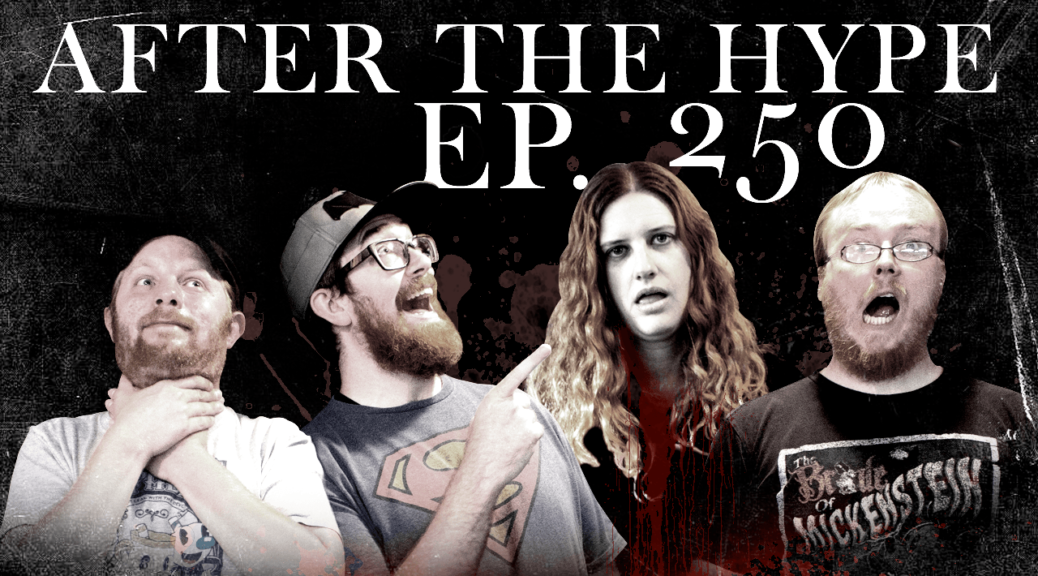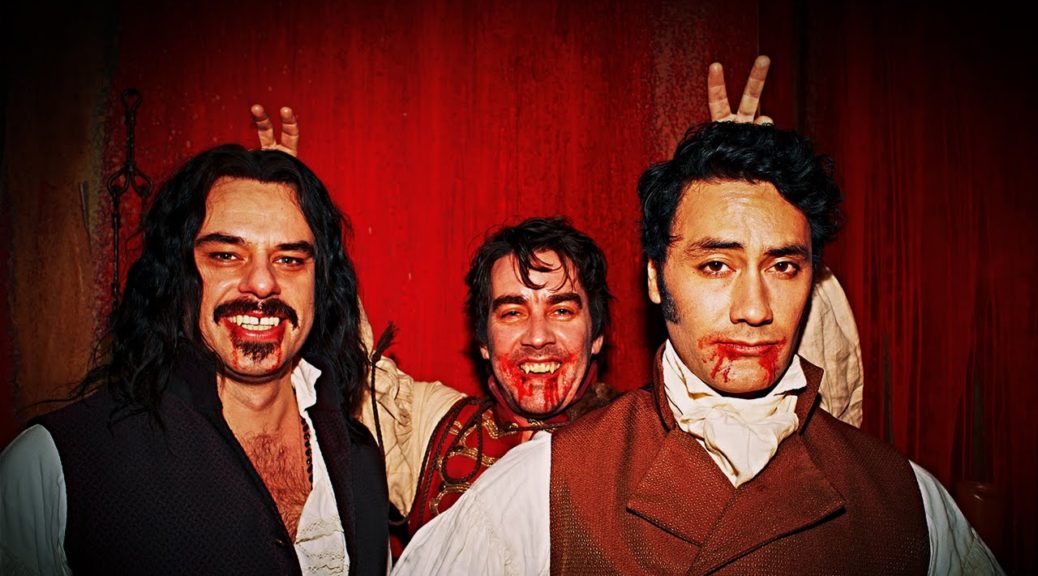This week on the podcast we talk about Hereditary, the feature film debut of Ari Aster. It stars the amazing Toni Collette and features some impressive miniatures. Special thanks to Tom Ford for taking a break from his fashion career (see our Nocturnal Animals episode) to join us.
DOWNLOAD THIS EPISODE
SUBCRIBE ON ITUNES, GOOGLE PLAY






